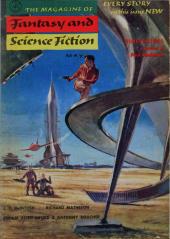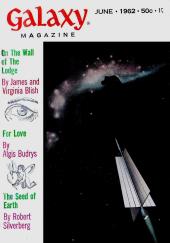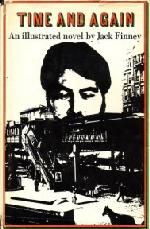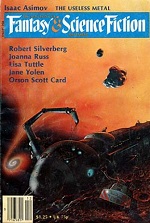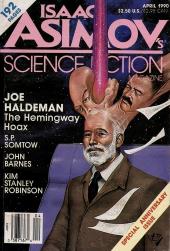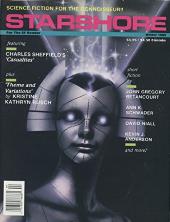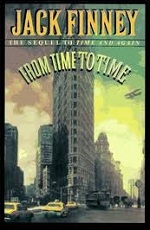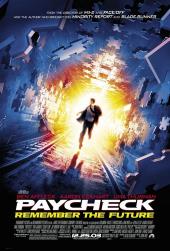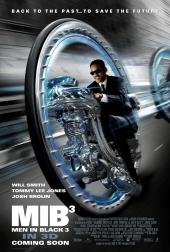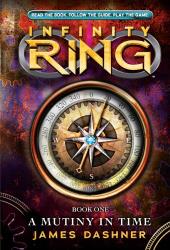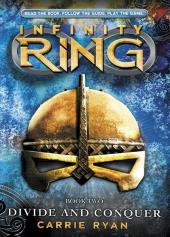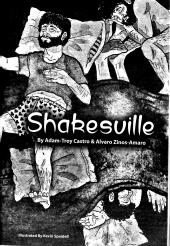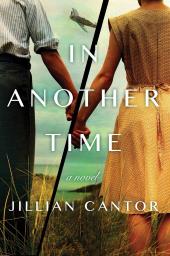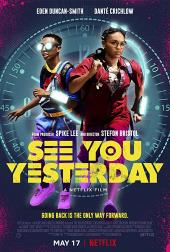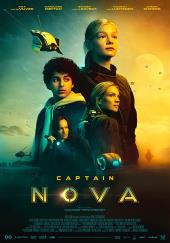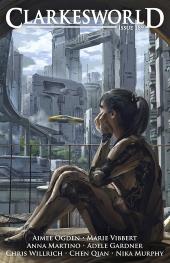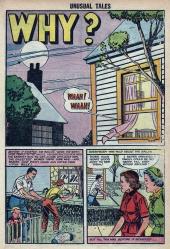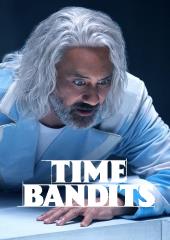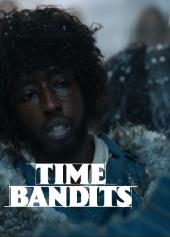Flash Fiction
Un brillant sujet
- by Jacques Rigaut
- Littérature #2, April 1922
Now that we’re in the enlightened 21st century, every self-respecting reader is intimately familiar with all the early time travel classics. Anno 7603, Paris avant les hommes,[/em] “A Tale of the Ragged Mountains,” “The Clock That Went Backward,” El Anacronópete, The Time Machine, blah blah blah. But let’s be honest and call a Morlock a Morlock: All those old tales are tales of vacuous travelers through time, none of them giving a thought to contorted paradoxes, none wondering which lover they would get back (or get revenge on) if given the chance, none fretting about what might happen should they kill their younger self, and none having impure thoughts about sleeping with their mothers or the consequences of doing so. Yep, I’d always proudly boasted that it was my generation who discovered such sauciness.
And then I stumbled upon Jacques Rigaut’s century-old gem that managed all that and more in under 1,000 words more than a century ago. —Michael Main
And then I stumbled upon Jacques Rigaut’s century-old gem that managed all that and more in under 1,000 words more than a century ago. —Michael Main
Divers incestes sont consommés. Palentête a quelques raisons de croire qu’il est son propre père.

translate
Various incests are consummated. Skullhead has some reason to believe that he is his own father.


